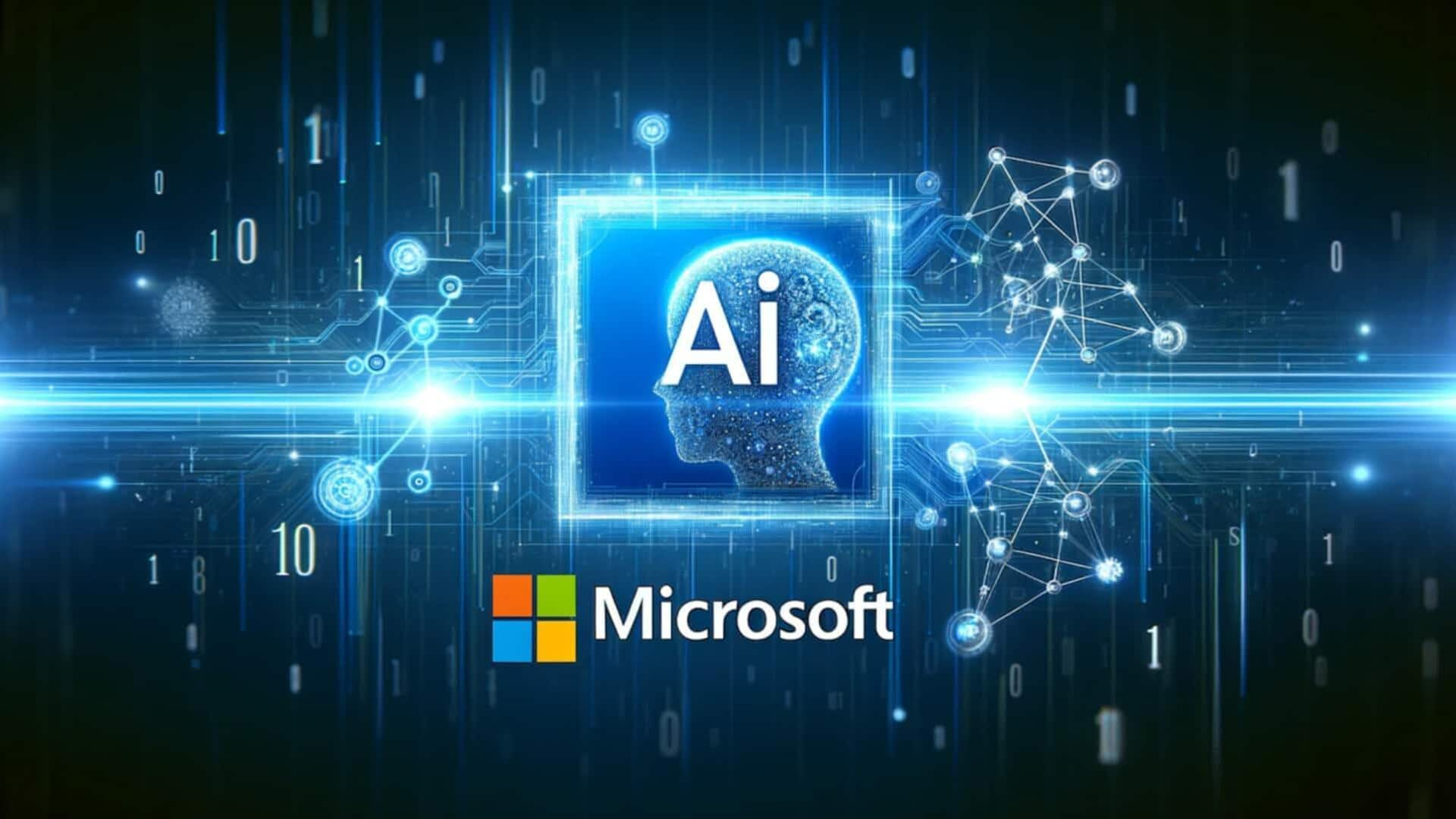
Microsoft's latest AI model works offline and controls your computer
What's the story
Microsoft has unveiled a new small language model, dubbed Fara-7B. The innovative system is designed to perform agentic tasks directly on a user's device. As a Computer Use Agent (CUA) model, Fara-7B leverages computer interfaces such as mouse and keyboard for optimal performance. According to Microsoft, its capabilities rival those of larger agentic AI systems powered by much bigger large language models (LLMs).
User benefits
Fara-7B enhances privacy and reduces latency
The data processed by Fara-7B is stored locally on the user's device. This approach not only reduces latency but also enhances privacy, Microsoft noted. The tech giant explained in a blog post that "users can build and test agentic experiences beyond pure research—automating everyday web tasks like filling out forms, searching for information, booking travel, or managing accounts."
Model operation
Fara-7B's functionality and usage recommendations
Fara-7B works by visually observing a webpage and then scrolling, typing, or clicking based on its predictions of the coordinates. Microsoft has recommended that the model be run in a sandbox environment and monitored closely. The company also advised users to avoid using sensitive data or high-risk areas while working with this new AI system.
Accessibility
Fara-7B's availability and future plans
The open-weight small language model, Fara-7B, is now available on Microsoft Foundry and the Hugging Face platform under an MIT license. A quantized and silicon-optimized version of the model will be made available later via Copilot + PCs powered by Windows 11.